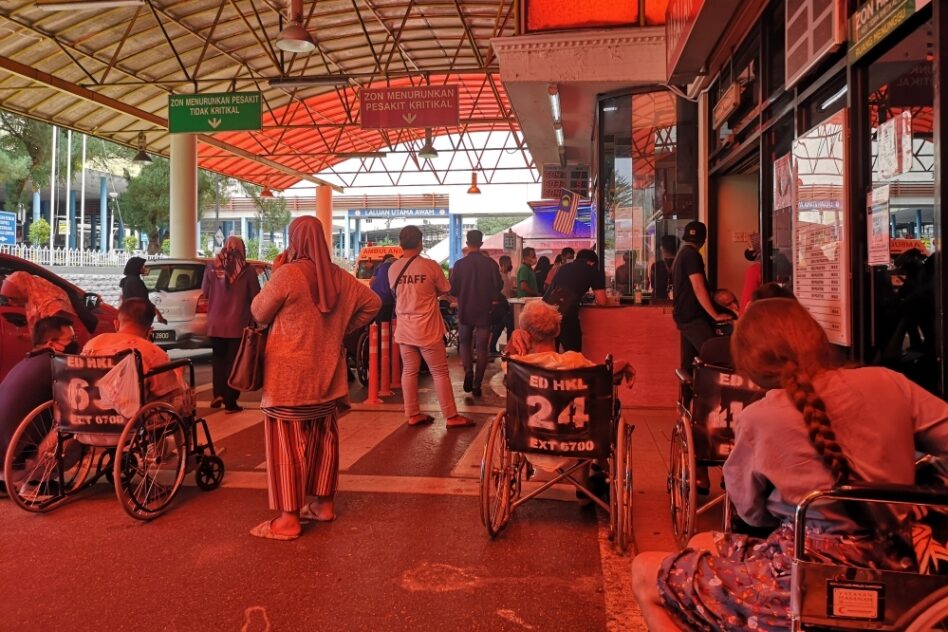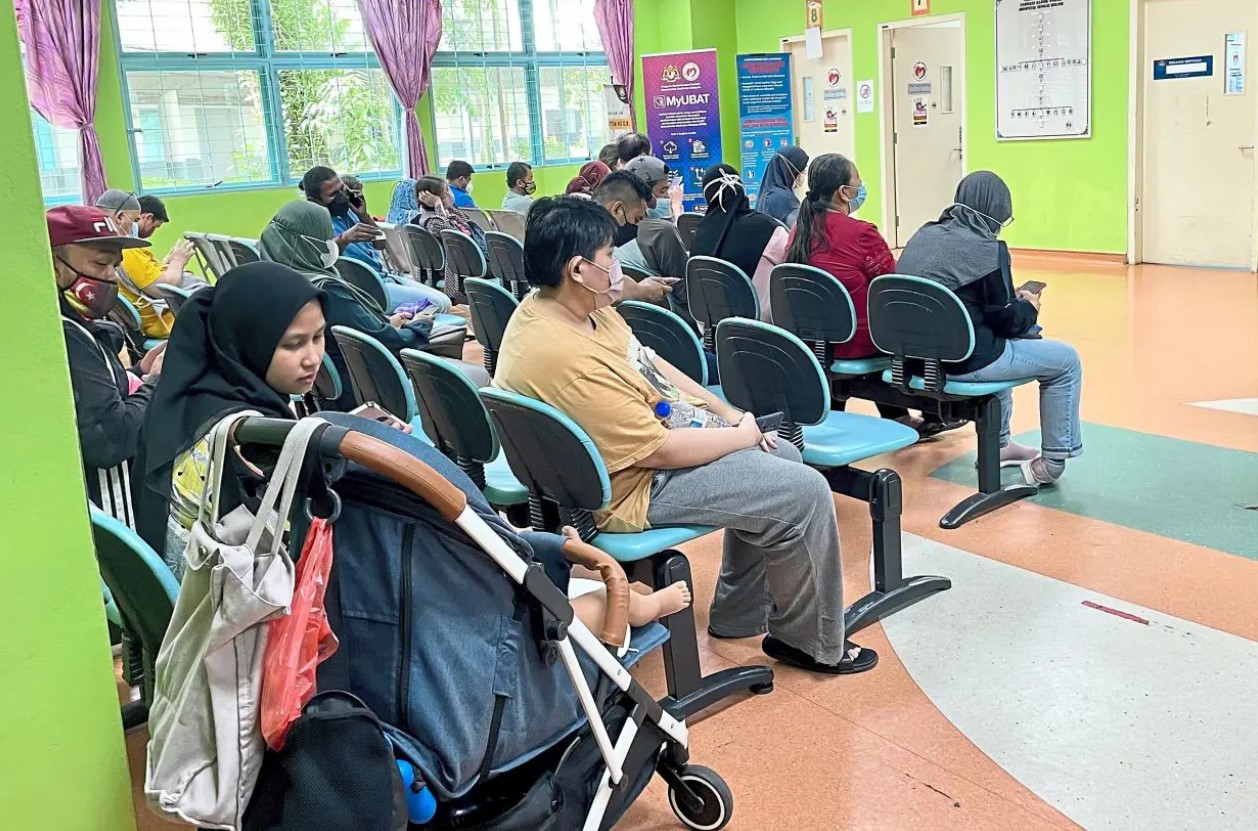MEDICAL insurance premiums have spiralled beyond control and if not much is done to reduce the premiums more people will opt out if it becomes unaffordable.
For a long time, private hospitals have been charging their patients way beyond what is needed to run a hospital efficiently and profitably. The government by being a bystander over this issue for decades has gradually let it get out of hand by taking only superficial measures.
It is now being forced to do something proactive if not drastic. Healthcare business has been a big profit-making entity with the help of the medical insurance providers.
The government cannot leave the people in the lurch and will have to provide a viable alternative for those seeking the much-needed medical treatment.
Senior citizens appear to be the main group suffering and affected by lack of effective medical and specialist treatment. A lot of them are from the B40 and the lower M40 categories and are unable to afford expensive surgeries and treatment.

It is also time the government comes with the concept of a dedicated wing in all major hospital to cater for specialist geriatric care and treatment. Having given the best years of their working life to nation-building, this a fair demand from them.
There should also be reserved parking for senior citizens who are now forced to search high and low for a parking bay, and thereby become very tense and stressed up in the process.
The government through its Rakan KKM scheme needs to open more private treatment facilities and centres in the government hospital in various districts and not confine this to only a select few urban hospitals.
More private treatment centres in government hospitals will stop the drain of the never- ending exodus of specialists who continue to seek employment in the more lucrative and remunerative private hospitals.
By opening the private treatment centres in government hospitals, the government will be able to provide an ideal solution to a long-standing problem.
A radical solution is the best way to address this recurring problems. The specialists could be offered higher remuneration based on the number of surgeries or treatment done. With more people flocking to government hospitals to avail of this facility, the government can retain the services of the specialists.
The main reason why specialists opt for the private sector is due to the higher remuneration and nothing else. The government is unable to match the private sector’s specialist salaries mainly due to the pension, employment security and other factors as specialist salaries will be very high and it will affect the pension scheme.
In the private sector the specialists are covered by the Employee Provident Fund (EPF) scheme where both hospital and the specialists contribute.
By offering the government specialists the basic salaries, other incidental allowances and adding the amount earned from giving specialist treatment in the private facility, the government can more than match the private sector remuneration scheme.
If necessary to retain more specialists in government hospitals, a complementary EPF scheme can be added as an incentive.
Additionally, insurance for medical negligence and other problems is covered and compensated by the government. This important advantage must be considered by the government hospital specialists.
The government can make specialist treatment cost-effective as it has the full range of staff, equipment and other facilities.

The cost of an operation in government hospitals based on the economy of scale will be lower and more people will frequent these centres and the specialists will correspondingly get a higher amount perhaps even higher than in the private sector.
Private hospitals will begin to pay less for specialists when they find fewer patients opting for treatment there, and possibly reduce the fees charged to attract more patients.
Many surgeries and treatments can be done in government hospitals at a fraction of the private hospital costs.
Patients opting for the Rakan KKM scheme who are covered by medical insurance can be billed to pay more unlike those from the subsidised B40. Soon a lot of people who are covered by medical insurance could opt for government hospitals.
Insurers need to come with two categories of medical insurance, one for those who opt for government hospitals and thereby pay a lower premium and the other for the usual private hospitals.
Through the Rakan KKM paying scheme the government will be able to access the latest technologies and devices like the private hospitals and not be constrained as at present by budgetary limitations.
The government cannot simply appear helpless to control healthcare costs, which is an important component of social wellbeing. The government needs to think of ways to beat the private hospitals in their own game.
The Malaysian Medical Association (MMA) should also boldly come with proactive solutions for government funded healthcare as it is in a better position to know what ails the system to the extent that people, despite being financially constrained, are forced to opt for private healthcare and its exorbitant costs. – March 13, 2025
V. Thomas is a Focus Malaysia viewer.
The views expressed are solely of the author and do not necessarily reflect those of Focus Malaysia.
Main image: The Star









